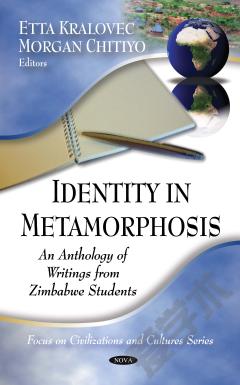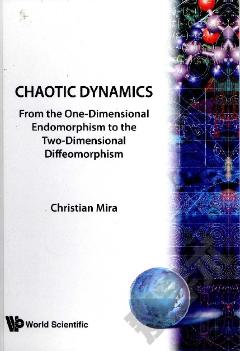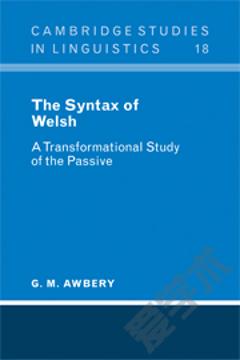Identity in Metamorphosis: An Anthology of Writings From Zimbabwe Students
Zimbabwe is a newly independent southern African country having gained political independence from Great Britain almost three decades ago. The country is still going through a process of political, economic and socio-cultural change as it attempts to shed some of its colonial traditions and embrace a new postcolonial African identity. This book captures reflections of students caught up in that process as they struggle with issues central to development. These include how to balance traditional culture with the entrenched European culture in their education system, how to redress the racial imbalances inherited from the colonial past, and the lack of democracy and the role of the schools in the process of social change. The students highlight their hopes and frustrations in trying to preserve their traditional culture and in reconceptualizing their own African identity through an education system which has been criticized for creating an Europeanized African elite whose relationship to their indigenous cultural heritage becomes petrified in the very process of that education. The student voices in this collection raise more questions than answers, questions which all newly independent African governments must ultimately address in order to promote sustainable development premised on equality, democracy, and reaffirmation of African cultural heritage. The concerns expressed in this work bridge continents and cultures and speak directly to students in the United States who are struggling to understand their relationship to the global community. We hear voices in this collection that are full of the hope and the promise, which is the future of Zimbabwe and indeed the entire African continent. The principal audience for this book is students, scholars and researchers in the fields of postcolonial and subaltern studies, International affairs, African studies, education and the humanities. The book gives scholars and researchers new raw data to help find answers to questions and issues of African development and education.
{{comment.content}}








 京公网安备 11010802027623号
京公网安备 11010802027623号